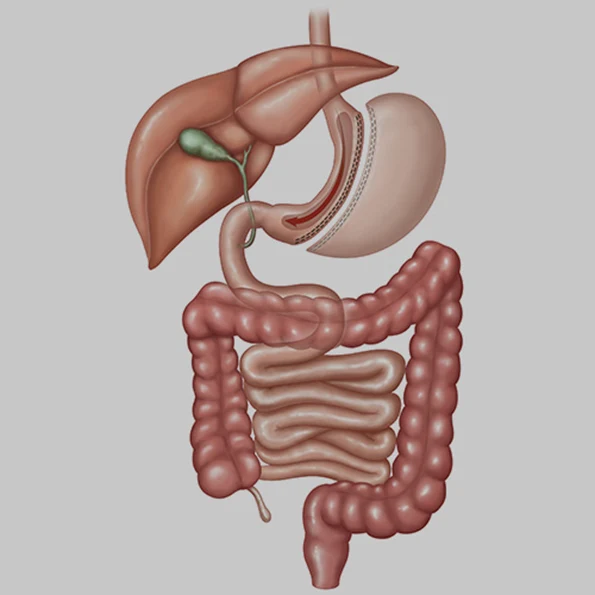1. Surgery Overview
Gastrectomy is a surgical procedure in which part or all of the stomach is removed. This surgery is commonly performed to treat stomach cancer, severe ulcers, benign tumors, or other conditions that cause significant damage to the stomach. Depending on the condition being treated, different types of gastrectomy may be performed:
Total gastrectomy (removal of the entire stomach)
Partial gastrectomy (removal of a portion of the stomach)
Sleeve gastrectomy (a bariatric procedure to reduce stomach size for weight loss)
2. Type of Anesthesia
Gastrectomy is performed under general anesthesia, ensuring the patient is fully unconscious and pain-free during the surgery.
3. Possible Risks and Complications
Infection
Bleeding
Injury to surrounding organs (such as the intestines or spleen)
Leaks at the site of the surgical connection (anastomosis)
Dumping syndrome (when food moves too quickly from the stomach to the small intestine)
Nutritional deficiencies (such as vitamin B12, iron, or calcium)
Weight loss or malabsorption issues (particularly with total gastrectomy)
Gastrointestinal issues like nausea, bloating, or indigestion
4. Hospital Stay Duration
Total or partial gastrectomy: Typically 5 to 7 days, depending on the type of surgery and recovery
Sleeve gastrectomy: Usually 1 to 2 days if it’s a bariatric procedure
5. Important Post-Operative Care
Follow a special diet as recommended by the surgeon, usually starting with liquids and gradually progressing to soft foods
Take vitamin and mineral supplements to avoid deficiencies
Avoid heavy lifting and strenuous activity for several weeks
Monitor for signs of infection or leakage from the surgical site
Regular follow-up appointments to assess recovery and nutrition levels
If total gastrectomy is performed, lifelong vitamin B12 injections or supplements may be necessary

